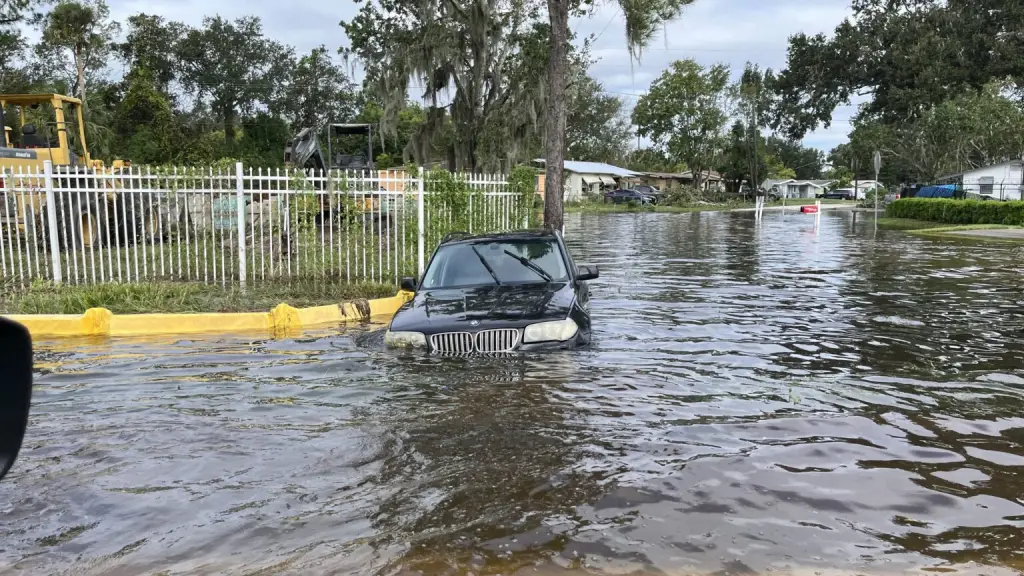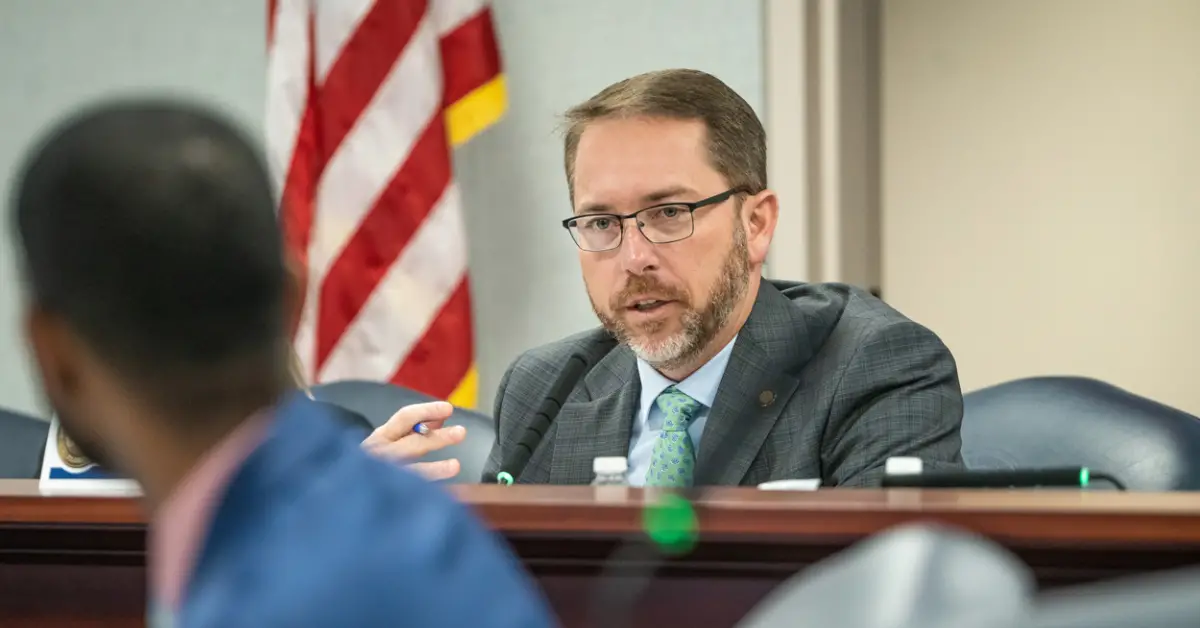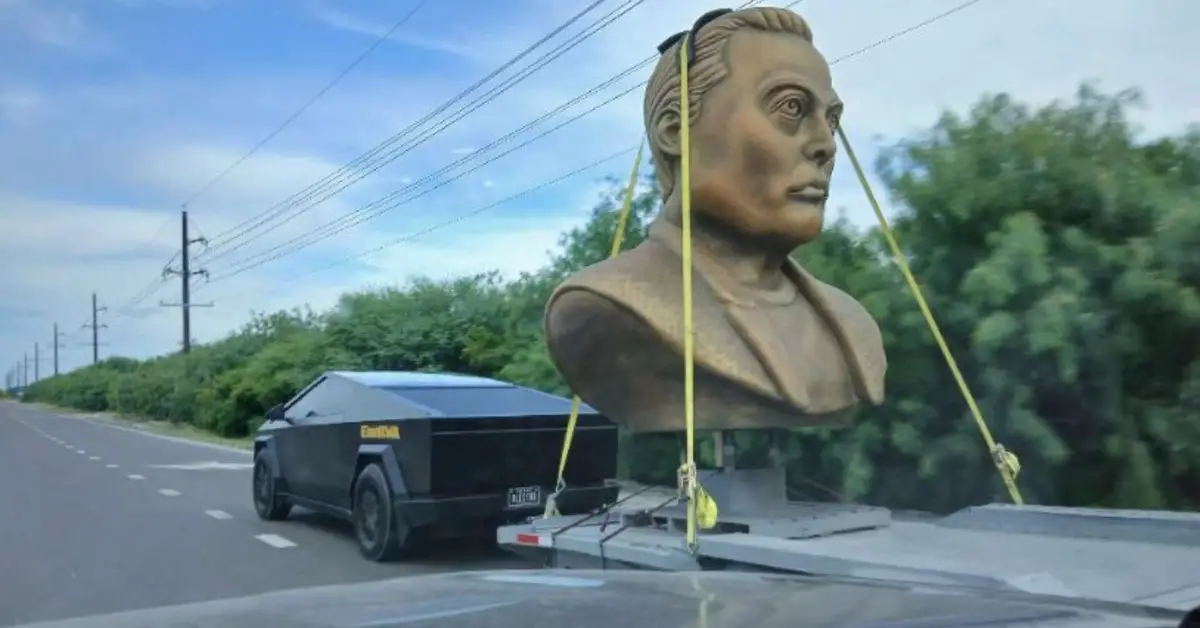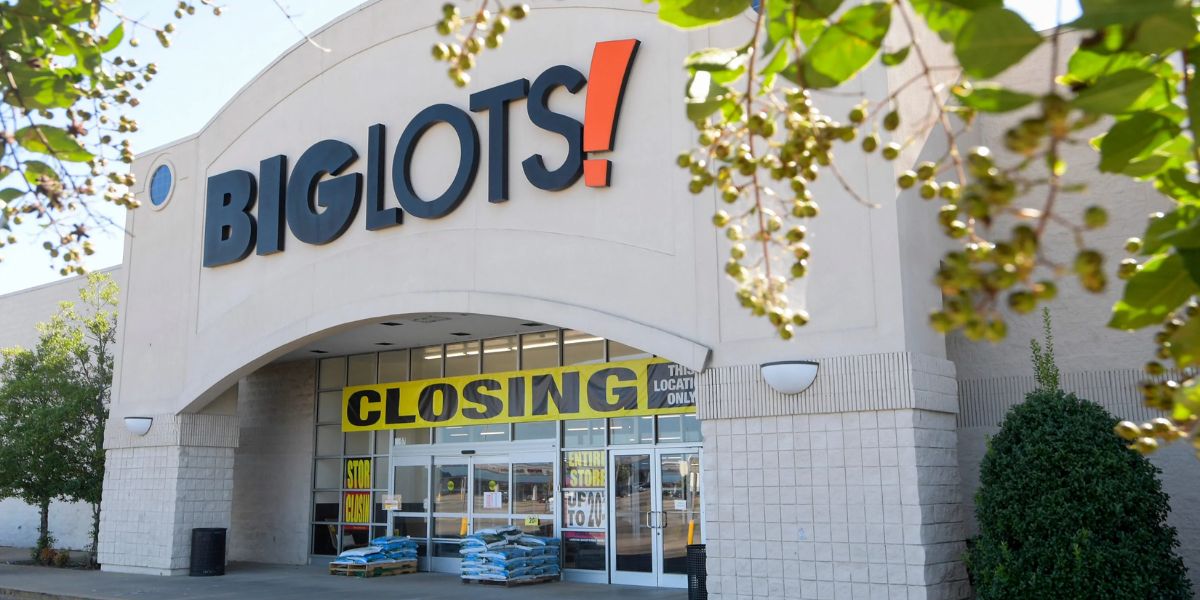A new bill introduced by the state legislature is raising big concerns across cities and towns. The proposal aims to reduce the power of local governments when it comes to rebuilding after natural disasters like hurricanes. In simple terms, state lawmakers want to take more control over how and where rebuilding should happen after a storm hits.
Many local leaders and experts are calling this move a serious threat to disaster recovery. They believe the bill could delay rebuilding, increase confusion, and make it harder for communities to recover in a timely and efficient way. In their view, decisions about rebuilding should be made by local officials who understand their cities better, not by state politicians sitting far away.
This new proposal directly targets the principle of “Build Back Better,” which is the idea that after a disaster, communities should not just repair the damage but also improve infrastructure and prepare better for future storms. That means stronger buildings, safer roads, and better emergency services. If the bill passes, local officials might not have the freedom to carry out such plans.
The bill proposes that state authorities must approve all major rebuilding projects after a declared natural disaster. This includes housing, transportation systems, public buildings, and other essential infrastructure. Even if a town wants to act quickly after a hurricane to repair damage or improve roads, they would need permission from the state first.
Supporters of the bill argue that this kind of control will bring consistency in rebuilding efforts across the state. They believe some local governments have made poor planning choices in the past and that a statewide plan could avoid repeating those mistakes. According to them, it’s about using resources smartly and protecting taxpayer money.
But critics say this approach ignores the unique needs of different areas. Every city or town is different. A coastal town hit by a hurricane may have very different problems compared to a small inland town facing flood damage. Local officials, they say, know the people, the geography, and the challenges better than state-level decision makers.
City planners and mayors have expressed frustration, warning that this could slow down urgent repairs and make things worse for residents. In disaster recovery, timing is everything. The longer the delays, the harder it is for people to return to normal life. Schools remain closed, roads stay damaged, and businesses can’t reopen.
Some local leaders also worry about the financial aspect. If they’re not allowed to make decisions locally, how will the budget be handled? What if funds are delayed due to state-level red tape? These are the kinds of questions that are still unanswered.

Environmental groups have joined the conversation too. They say that rebuilding after disasters should be used as an opportunity to create more climate-resilient communities. That includes stronger stormwater systems, better drainage, and updated building codes. But they fear a top-down approach could ignore important environmental priorities.
The bill also touches on zoning and land-use powers. If passed, it would give the state more say in how land is used after a disaster. This could block efforts by local governments to promote affordable housing or protect natural areas from development. For some, this is a direct attack on local democracy.
Community organizers are encouraging people to speak out. Some protests and online campaigns have already begun. The goal is to convince lawmakers to reconsider and include more voices from cities and towns before making such a big change.
On the legal front, experts say the bill could face challenges if passed. States do have broad powers, but local governments also have certain rights—especially when it comes to emergency response and zoning. It is possible that courts could be involved in the future if the law is seen as overreach.
As hurricanes become stronger and more frequent due to climate change, rebuilding quickly and wisely is more important than ever. Whether this bill will help or hurt that goal is still being debated. But one thing is clear—many communities feel they are being pushed out of important decisions that affect their safety, economy, and future.
For now, the bill is still moving through the state legislature, and several amendments may be added before it reaches the final stage. Citizens, local leaders, and advocacy groups are watching closely. The coming weeks will decide whether towns and cities can continue to shape their recovery—or if that power will shift permanently to the state.



